Back to Courses
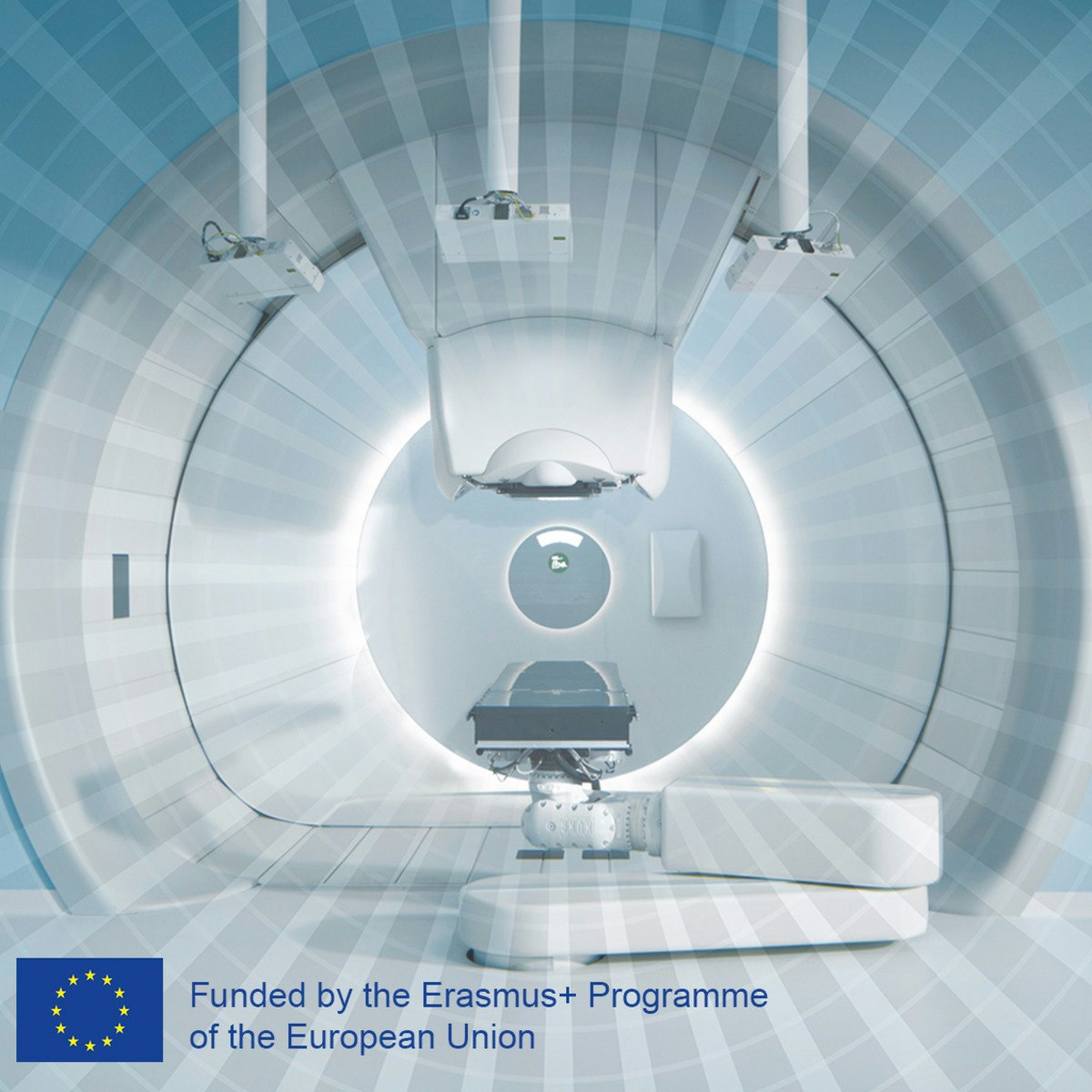
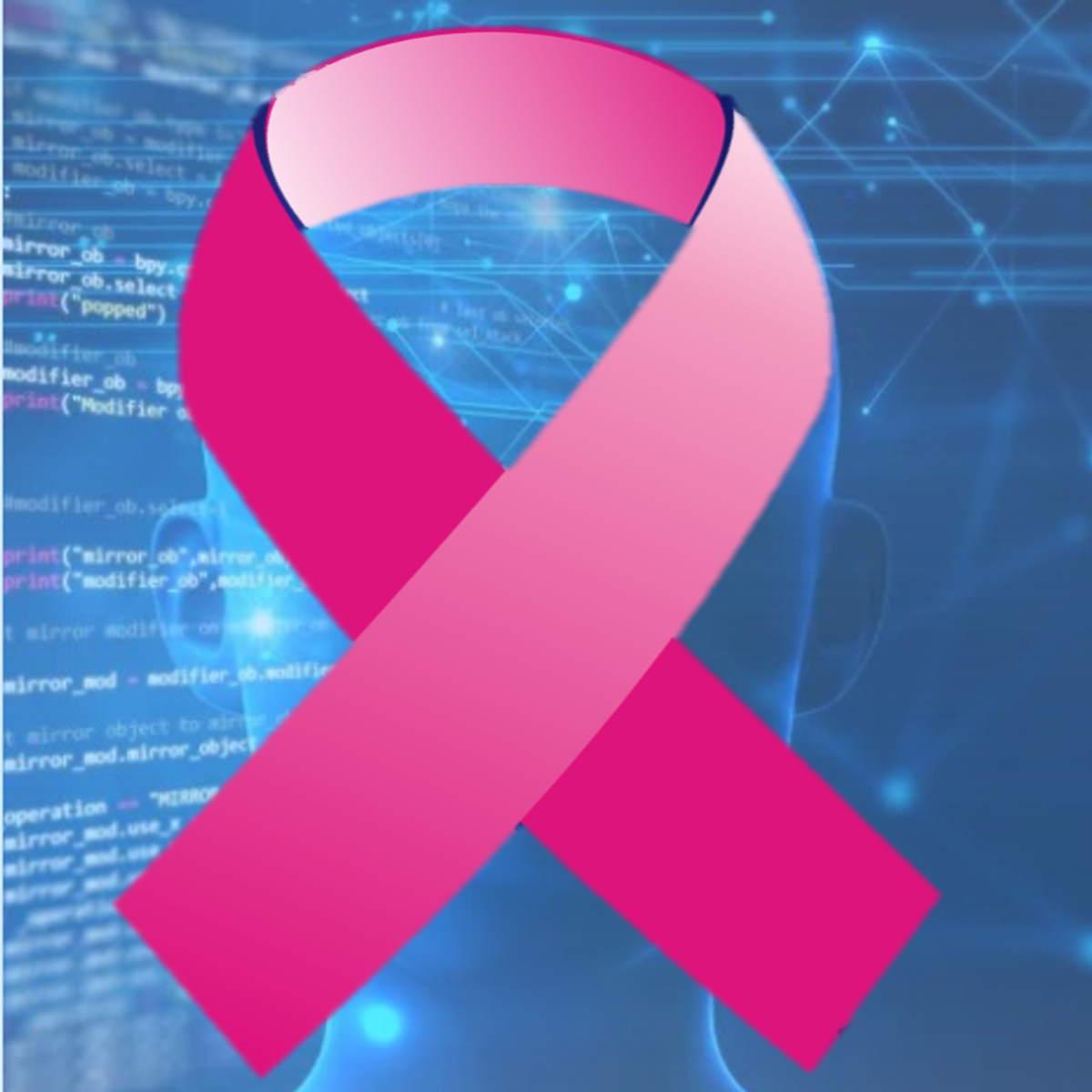
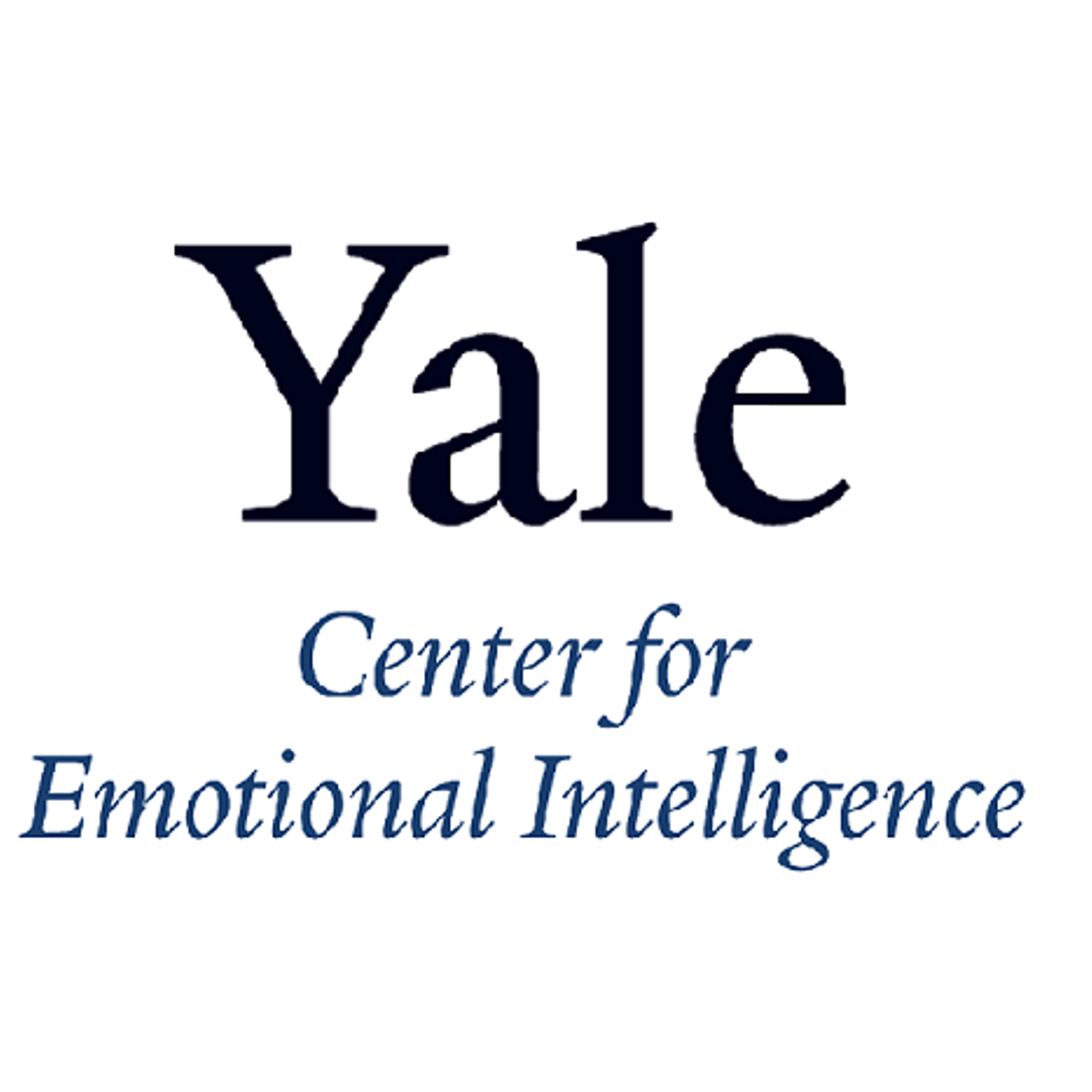

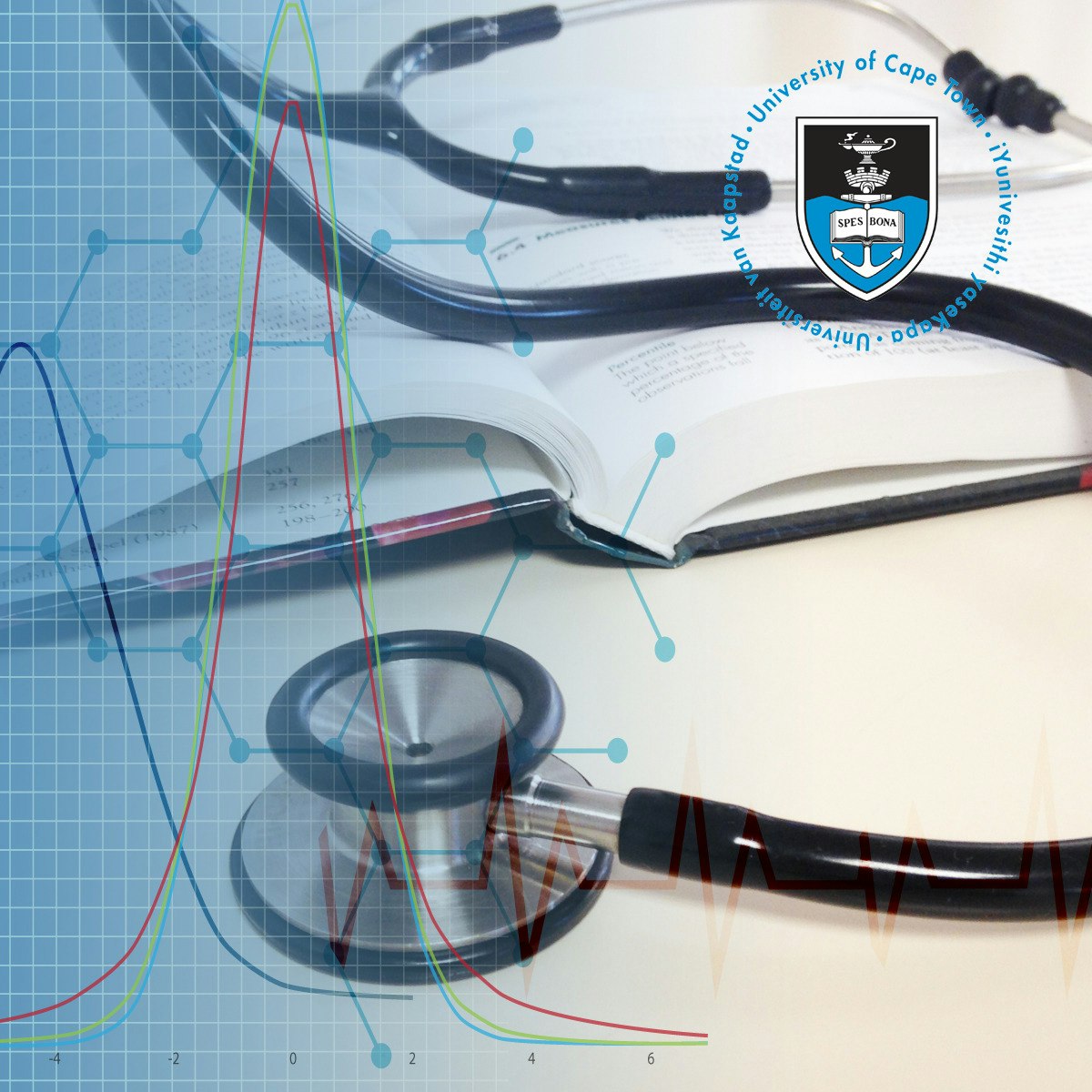


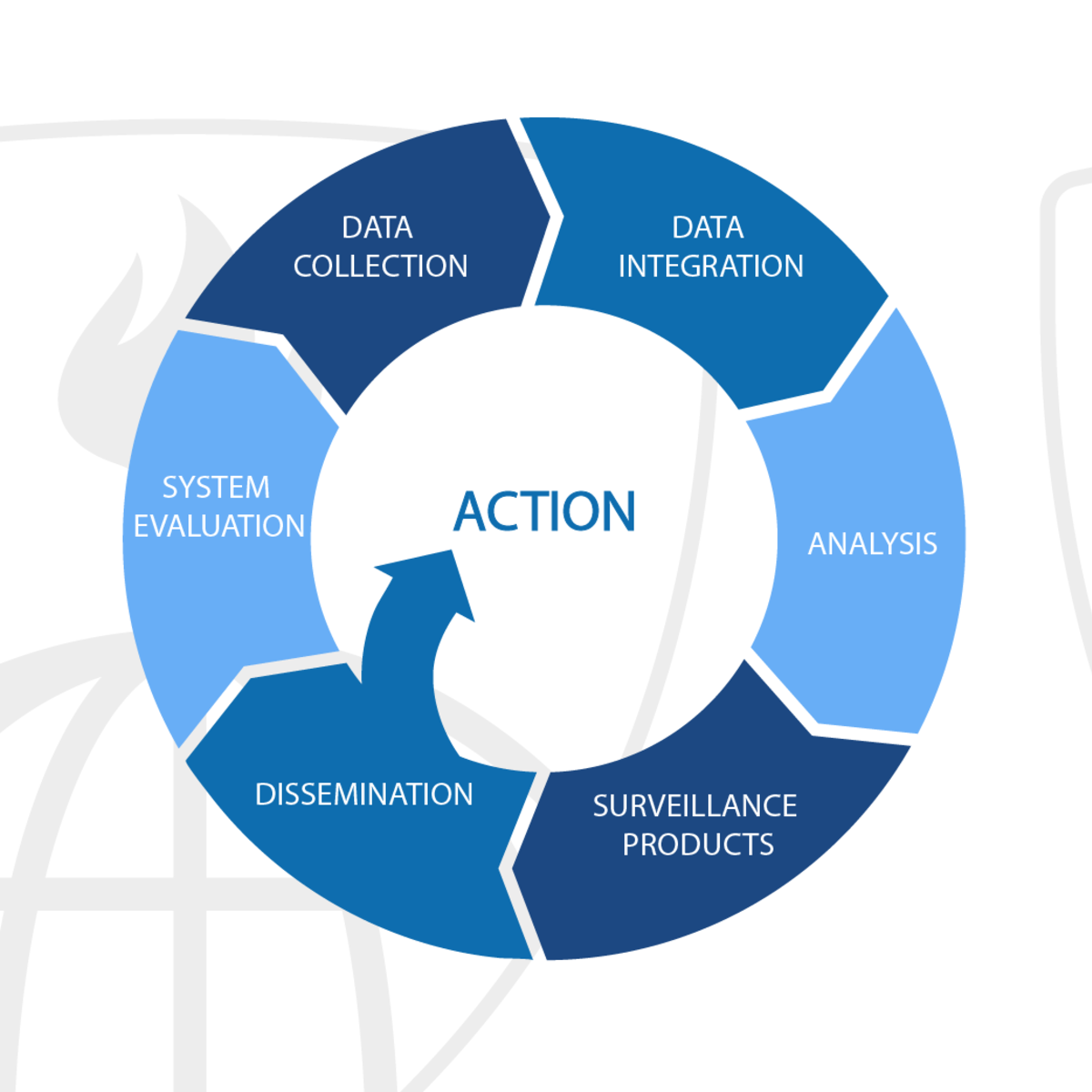

Research Courses - Page 5
Showing results 41-50 of 53

Mindfulness in Integrative Healthcare
By the end of this course, you will be able to assess when mindfulness may be helpful for your patients or clients, educate them about its potential benefits, and refer them to mindfulness programs and resources. To begin, you will explore what mindfulness is (and is not) through presentations and direct experience. You will also learn about the research supporting the benefits (and risks) of mindfulness for various conditions, as well as how to identify contraindications. Finally, you will learn about the benefits of this practice for you as a busy healthcare provider.
Continuing Education Credit
This course has been designed to meet Minnesota Board of Nursing continuing education requirements for 10 contact hours and may be eligible for CE credit from other professional boards that allow self-documenting of continuing education activities. It is your responsibility to check with your regulatory board to confirm this course meets your local requirements and, if necessary, to provide them with the certificate of completion you get if you pay for and fulfill all the requirements of this course.

Medical Applications of Particle Accelerators (NPAP MOOC)
Hello and welcome to this course!
The NPAP - Medical Applications of Accelerators is one out of three courses in the Nordic Particle Accelerator Program (NPAP). Here you will be taken on a tour focusing on the medical applications of particle accelerators. You will see that there are two very important, but different, applications of accelerators in hospitals. The first application concerns radiotherapy of tumours and the other concerns the production of medical nuclides for diagnosis and treatment. Both will be included in this course and described through four modules.
The first module offers the basic principles of radiotherapy from a medical and physics point of view. You there learn about the main components of the machines used for radiotherapy and get to know why radiotherapy is important for cancer treatments.
The second module guides you through the different types of linear accelerators used in the machines for radiotherapy. It also describes the design of the treatment head. The design is important because it is the settings of the treatment head that determines the dose and the radiated region. It is also in the treatment head where the dose given to the patient is measured.
In the third module you are introduced to proton therapy. In this type of therapy protons are first accelerated and then guided down to the tumour by magnets. The machines are considerably larger and more expensive than machines used for radio therapy. The module also offers a description and comparison between different types of accelerators, and explains how the protons interact with tissue.
Also ions that are heavier than protons can be used in cancer therapy. This is described in the fourth module, where we also introduce you to the production of medical nuclides. You learn how the nuclides are produces in proton and ion accelerators and how the nuclides come into play at different places in hospitals. Medical nuclides are for instance used in Positron Electron Tomography, PET.
Enjoy!

Artificial Intelligence for Breast Cancer Detection
The objective of this course is to provide students the knowledge of artificial intelligence processing approaches to breast cancer detection. Students will take quizzes and participate in discussion sessions to reinforce critical concepts conveyed in the modules. Reading assignments, including journal papers to understand the topics in the modules, will be provided.
The course is designed for students who are interested in the career of product development using artificial intelligence and would like to know how AI can be applied to mammography. The course content is focused on the AI processing paradigm along with the domain knowledge of breast imaging.
This course approach is unique, providing students a broad perspective of AI, rather than homing in on a particular implementation method. Students who complete this course will not only leverage the knowledge into an entry level job in the field of artificial intelligence but also perform well on projects because their thorough understanding of the AI processing paradigm.

Managing Emotions in Times of Uncertainty & Stress
Developed by the Yale Center for Emotional Intelligence, Managing Emotions in Times of Uncertainty & Stress will provide participants with the knowledge, skills, and strategies to understand and manage their emotions and those of their students. The 10-hour online course is designed for school staff, including teachers, paraprofessionals, counselors, principals, and non-teaching staff in preK-12 schools.

Non-Alcoholic Fatty Liver Disease – The Essentials
Non-Alcoholic Fatty Liver Disease (NAFLD) is a global problem, affecting up to 25% of all individuals. The disease not only increases the risk of liver disease, but also of cardiovascular disease and liver cancer.
During this course, you will learn the essentials of NAFLD. We will begin with an introduction to the physiology of the human liver followed by epidemiology, pathophysiology, clinical medicine, and genetics. Diagnosing NAFLD based on blood tests, diagnostic imaging and histology will be discussed. Complications and treatment options will also be covered in this course including the link between NAFLD and the development of diabetes. Finally, experts will discuss data driven identification of new biomarkers by omics technologies.
After completing this course, you will have a broad knowledge about NAFLD ranging from the aetiology and pathophysiology to bedside examinations and treatments.

Understanding Clinical Research: Behind the Statistics
If you’ve ever skipped over`the results section of a medical paper because terms like “confidence interval” or “p-value” go over your head, then you’re in the right place. You may be a clinical practitioner reading research articles to keep up-to-date with developments in your field or a medical student wondering how to approach your own research. Greater confidence in understanding statistical analysis and the results can benefit both working professionals and those undertaking research themselves.
If you are simply interested in properly understanding the published literature or if you are embarking on conducting your own research, this course is your first step. It offers an easy entry into interpreting common statistical concepts without getting into nitty-gritty mathematical formulae. To be able to interpret and understand these concepts is the best way to start your journey into the world of clinical literature. That’s where this course comes in - so let’s get started!
The course is free to enroll and take. You will be offered the option of purchasing a certificate of completion which you become eligible for, if you successfully complete the course requirements. This can be an excellent way of staying motivated! Financial Aid is also available.

Data Management for Clinical Research
This course presents critical concepts and practical methods to support planning, collection, storage, and dissemination of data in clinical research.
Understanding and implementing solid data management principles is critical for any scientific domain. Regardless of your current (or anticipated) role in the research enterprise, a strong working knowledge and skill set in data management principles and practice will increase your productivity and improve your science. Our goal is to use these modules to help you learn and practice this skill set.
This course assumes very little current knowledge of technology other than how to operate a web browser. We will focus on practical lessons, short quizzes, and hands-on exercises as we explore together best practices for data management.

2022 Cancer Prevention Web-Based Activity (CE eligible)
This web-based video course focuses on the importance of prevention and risk reduction in decreasing cancer occurrences. All learners will need to watch the video modules, read associated articles, and achieve a passing score of 80% on quizzes in order to complete the course. After completing the course, learners will receive a link to claim continuing medical and nursing education credit.
DESCRIPTION
Next Generation Choices Foundation (NGCF or Less Cancer), lesscancer.org, in conjunction with the University of Virginia and American University, promotes a prevention paradigm for addressing the alarming trend of increasing cancer incidences and raises awareness of cancer prevention to make risk reduction and prevention a vital part of the cancer paradigm for all people. This is a departure from previous treatment-focused approaches that talked about beating, conquering, or curing cancer. Many cancers are preventable by reducing risk factors, such as PFAS and lead corrosion in water supply and infrastructure, use of tobacco products, ultraviolet light exposure, asbestos exposure, specific contaminants and pollution sources, disparities and inequities, and promoting healthy lifestyle choices, such as diet, exercise, and nutrition.
Visit the FAQs below for important information regarding 1) Activity faculty and their credentials; 2) Accreditation and Credit Designation statements; 3) Commercial support disclosure statement; 4) Disclosure of financial relationships for every person in control of activity content and their role in the activity; 5) Date of original release and Termination or expiration date.

Surveillance Systems: The Building Blocks
Epidemiology is often described as the cornerstone science and public health and public health surveillance is a cornerstone of epidemiology. This course will help you build your technical awareness and skills for working with a variety of surveillance systems. Along the way, we'll focus on system objectives, data reporting, the core surveillance attributes, and performance assessment. This course is designed for public health practitioners and anyone who wants to learn more about the basics of public health surveillance. If you develop or implement surveillance systems or aspire to do so or use the data resulting from surveillance, then this course is for you. It's s also for people who are interested in understanding more about this fundamental epidemiologic tool and public health practice.

Leadership for Cancer Informatics Research
Informatics research often requires multidisciplinary teams. This requires more flexibility to communicate with team members with distinct backgrounds. Furthermore, team members often have different research and career goals. This can present unique challenges in making sure that everyone is on the same page and cohesively working together. This course aims to provide research leaders with guidance about:
How to effectively lead and support team members on informatics projects
How to perform informatics projects well
How to support informatics collaborators, mentees, and employees
How to better support diversity within your team
Tools that can help you perform informatics projects well
Target audience:
The course is intended for researchers who lead research teams or collaborate with others to perform multidisciplinary work. We have especially aimed the material for those with moderate to no computational experience who may lead or collaborate with informatics experts. However this material is also applicable to informatics experts working with others who have less computational experience.
Curriculum:
We will provide you with an awareness for the specific challenges that your informatics collaborators, employees, and mentees might face, as well as ways to mitigate these challenges. By creating a better work environment for your informatics research team, you will ultimately improve the potential impact of your work.
We will also discuss the major pitfalls of informatics research and discuss best practices for performing informatics research correctly and well, so that you can get the most out of your informatics projects.
This course is part of a series of courses for the Informatics Technology for Cancer Research (ITCR) called the Informatics Technology for Cancer Research Education Resource. This material was created by the ITCR Training Network (ITN) which is a collaborative effort of researchers around the United States to support cancer informatics and data science training through resources, technology, and events. This initiative is funded by the following grant: National Cancer Institute (NCI) UE5 CA254170. Our courses feature tools developed by ITCR Investigators and make it easier for principal investigators, scientists, and analysts to integrate cancer informatics into their workflows. Please see our website at www.itcrtraining.org for more information.
Popular Internships and Jobs by Categories
Find Jobs & Internships
Browse
© 2024 BoostGrad | All rights reserved